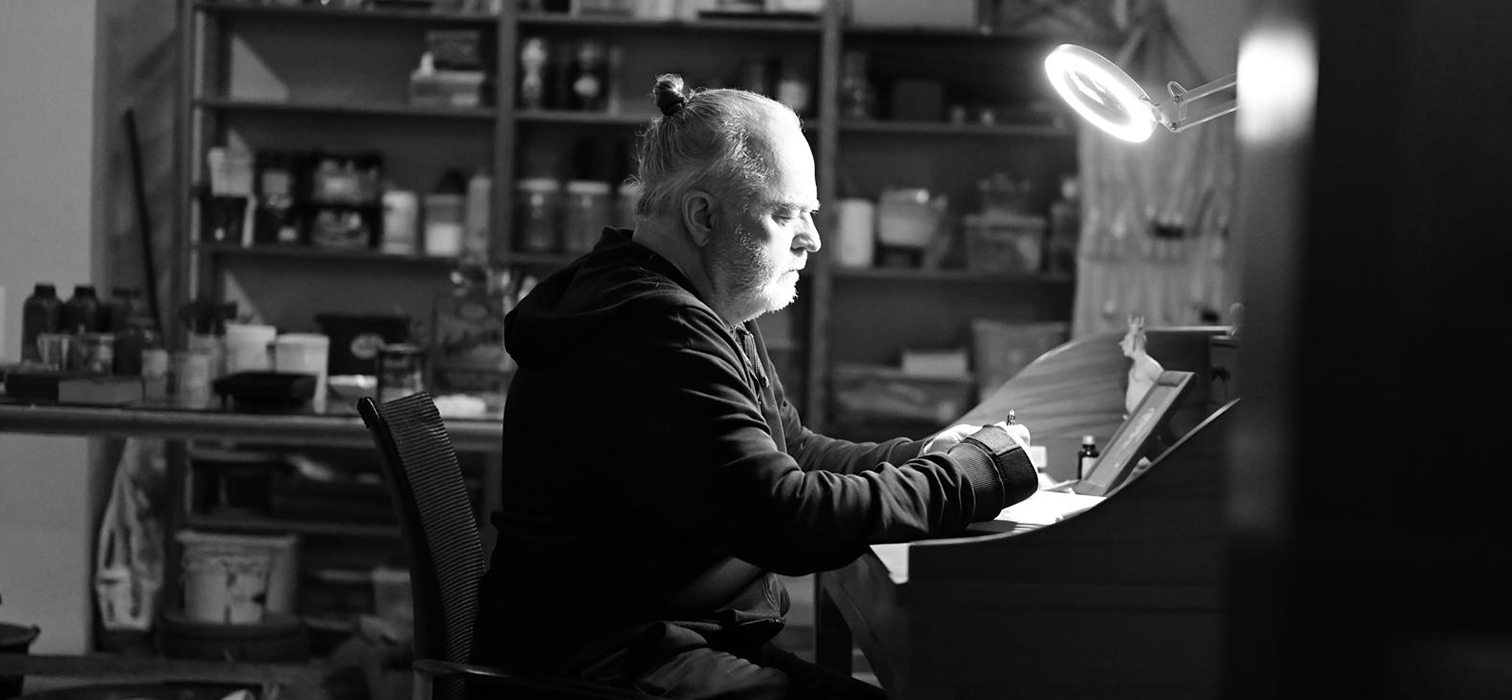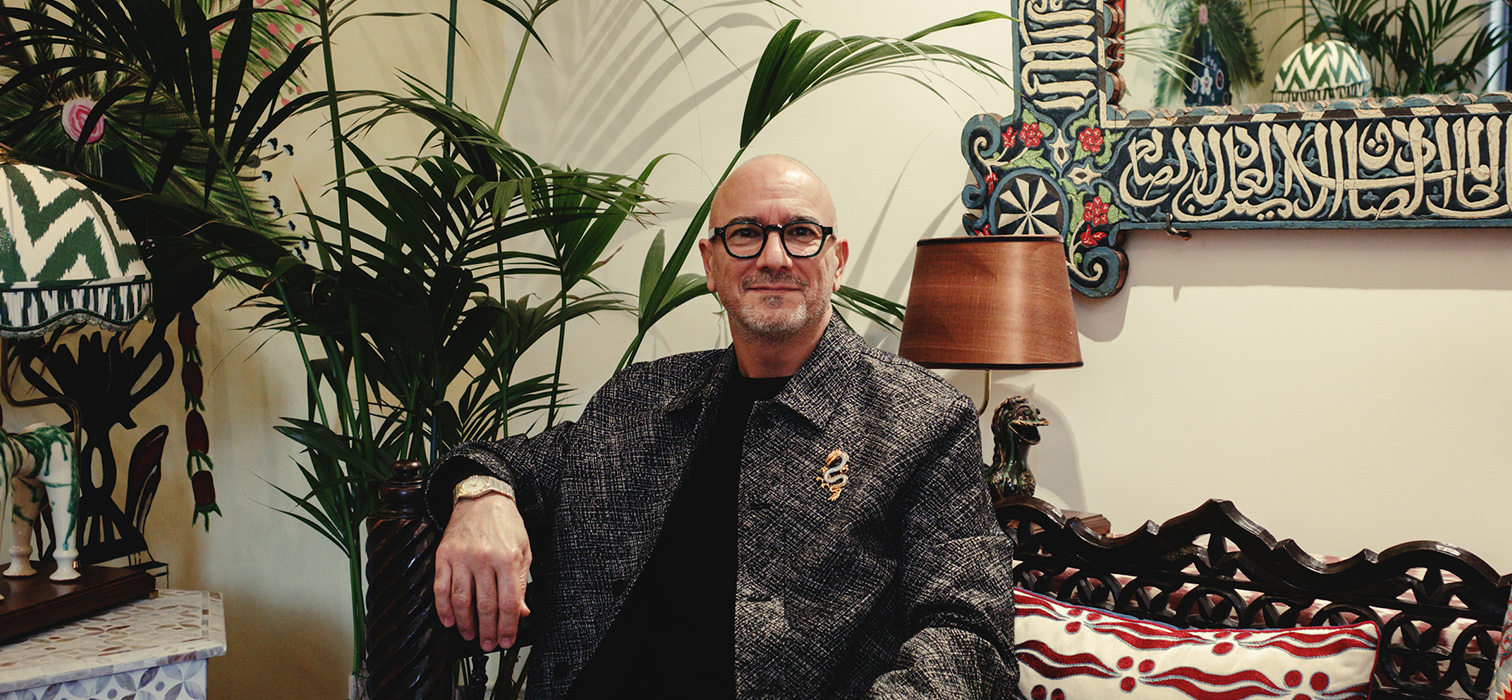Volvo Cars’ Flagship EX90 in the Hands of Hande Ergitürk
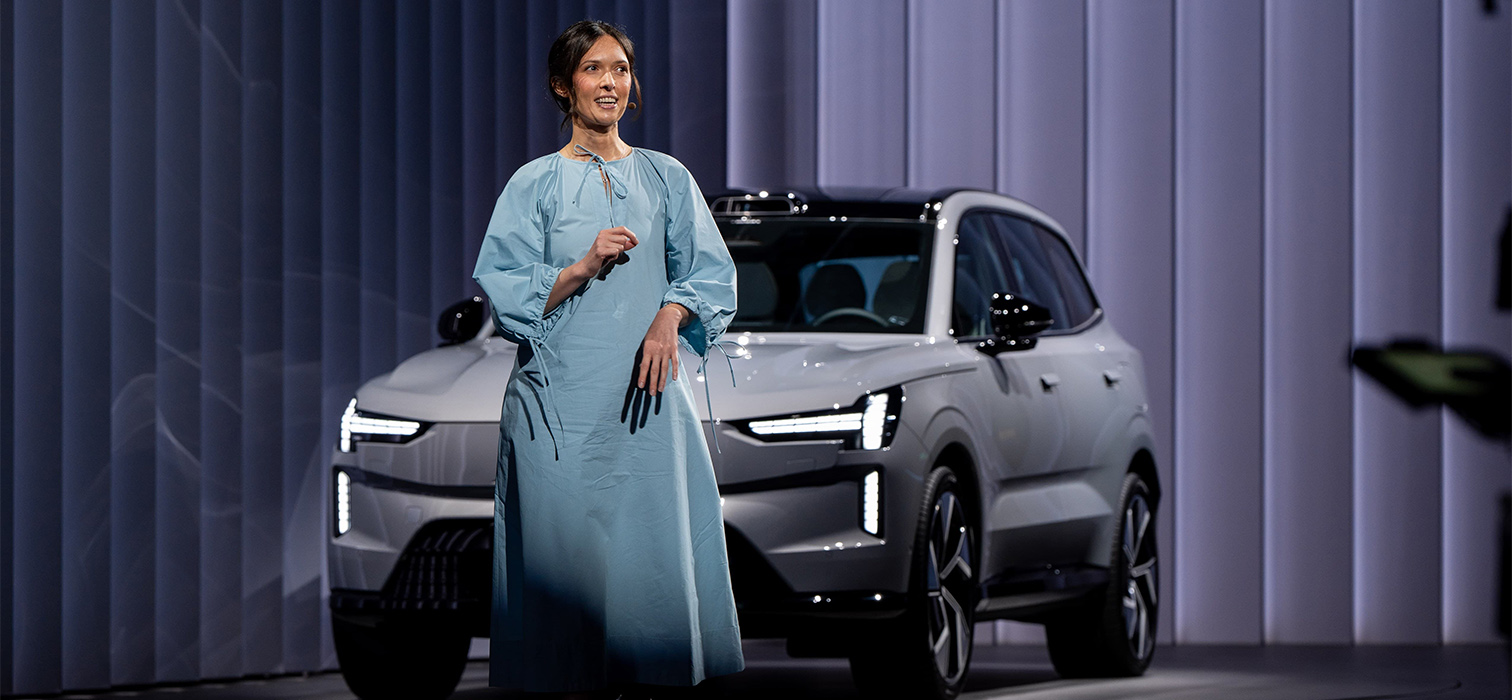

We had the pleasure of meeting Hande Ergitürk, the talented Turkish engineer behind the production of Volvo Cars’ fully electric EX90, at the brand’s headquarters in Gothenburg.
On a crisp October morning, I set out for a highly anticipated meeting at Volvo Cars’ sprawling campus in Torslanda, Gothenburg. The bus, packed with young engineers from across the globe, had an air of quiet focus as everyone made their way to work at one of Sweden’s most iconic companies. Having lived in Gothenburg for two years, I had always been curious about the Volvo headquarters—a place you don’t typically visit unless you work there or have a reason to meet someone. Surprisingly, instead of the industrial complex I had imagined, I found a vibrant, green, modern village filled with cozy cafés and restaurants.
The reason for my visit? To meet with Hande Ergitürk, whose remarkable achievements have recently become a point of pride in Turkey. As I waited for Hande at the bus stop, I soaked in one of the last sunny days in Gothenburg, surrounded by sleek, minimalist buildings that perfectly capture Sweden’s simple yet functional design ethos. This is where the magic happens: around 1,250 cars roll off the production line each day, powered by a workforce of nearly 7,000 people from all over the world. Among them are many senior Turkish engineers and executives, making this campus not just a hub for innovation, but also a melting pot of global talent.
It wasn’t long before Hande Ergitürk appeared in the distance, walking towards me with a warm smile. We greeted each other and made our way to the restaurant inside the office building, ready to settle in and start our conversation. As we sat down, I couldn’t help but notice the brilliance and simplicity in her demeanor—a successful, humble young woman any parent would be proud of.
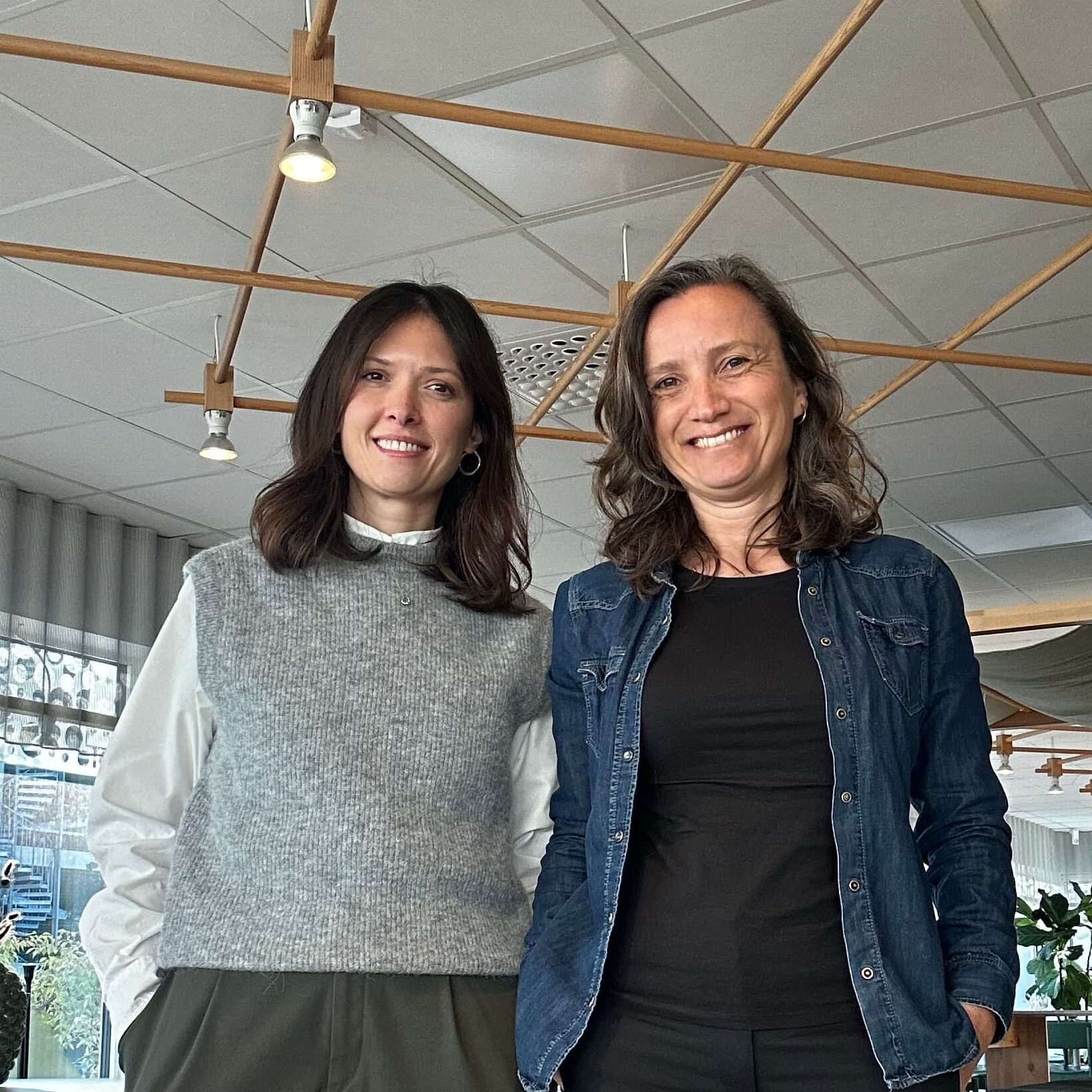
When I asked about her journey, she began to share her story. Hande Ergitürk comes from a middle-class family in Turkey and was educated in public schools. With the savings she managed to accumulate during two years of work in Turkey, she made the bold decision to move to Gothenburg 14 years ago to further her education, leaving behind everything familiar, as her mother would say, “without ever looking back.” Shortly after graduating, she received a job offer from Volvo Cars, setting her on the path that would lead to her current position.
With her clear sense of purpose and a sharp, analytical engineering mind, Hande methodically climbed the career ladder at Volvo Cars, combining technical expertise with her aspirations. Today, she holds the position of Product Leader at the company.
Her remarkable success gained national recognition in Turkey when she delivered the presentation for the global launch of Volvo’s EX90, a groundbreaking and fully electric flagship model. Being entrusted with introducing such an important project to the world is no accident—it is the result of years of sacrifice, hard work, and dedication. Hande’s rise to the top is a testament to her perseverance and talent. Now, without further ado, let’s hear the inspiring story of Hande Ergitürk, a role model for young people everywhere.
- Baz Yacht Design: A Turkish Success Story in the Global Yacht Scene
- Europe’s Best Driving Routes
- Interview with Bvlgari CEO Jean-Christophe Babin
- Interview with Edouard Meylan, CEO of H. Moser & Cie.
Can you tell us a little about yourself?
I graduated from Istanbul Technical University (ITU) with a degree in Mechanical Engineering, and before that, I attended a super high school in Istanbul. I’m originally from Istanbul, and my family still lives there. After graduating from ITU in 2008, I started working as a product development engineer at Ford Otosan in Gölcük.
How did you end up in Sweden?
During university, many of my friends were doing Erasmus exchanges abroad, but I didn’t show much interest at the time. After graduation, however, I started noticing that some of my peers were pursuing their graduate studies abroad, and it made me think, “Am I missing out? Did I not explore my options for higher education enough?” In the field of mechanical engineering, it was more typical to head to Germany or the UK, but something about Sweden intrigued me.

What made you choose Sweden?
At that time, Sweden wasn’t a popular destination for Turkish students, although it’s more common now. I had heard of a few people applying to the technical university in Stockholm, which led me to research what kind of opportunities Sweden offered students. I got lucky because back then, Sweden didn’t charge tuition fees for non-EU students—something that changed a few years after I arrived. At the time, you only needed to cover a small semester fee, so it wasn’t necessary to have large funds or scholarships. Another big advantage was that the master’s programs were taught in English. Plus, I was drawn to the fact that Sweden wasn’t a well-trodden path for Turks, which added to its appeal. Eventually, I applied to Chalmers University of Technology in Gothenburg and was accepted into the Automotive Engineering master’s program.
When did you move to Gothenburg?
I moved here in 2010, but at the time, I didn’t plan to stay long-term. My goal was to experience living abroad and bring that international experience back home. I believed that having time abroad on your CV was valuable in Turkey. So I thought, “Worst case, if I’m not happy, I’ll return after completing my master’s, and it will still be a great addition to my CV.”
What made you stay?
I ended up falling in love with living here. When I first arrived in Gothenburg 14 years ago, I was 23—now I’m 37. If you think about it, I’ve spent the majority of my adult life here. Living in Sweden has contributed a lot to my personal growth, too.
How did you begin working at Volvo Cars?
During the final year of my master’s program, there was a special collaboration between Chalmers University and Volvo Cars. If selected, students had the chance to write their thesis at Volvo and participate in a summer internship. I was fortunate enough to be accepted into the program, and after completing it, Volvo Cars offered me a job. That was the main goal of the program—to help students transition into the company environment and recruit fresh talent.
How many of you were accepted into the program? Was everyone offered a job?
I believe there were about 8-10 of us, and most of us were offered jobs afterward. Back then, the program was smaller, but I think now Volvo has expanded and offers similar opportunities to more students across various programs.
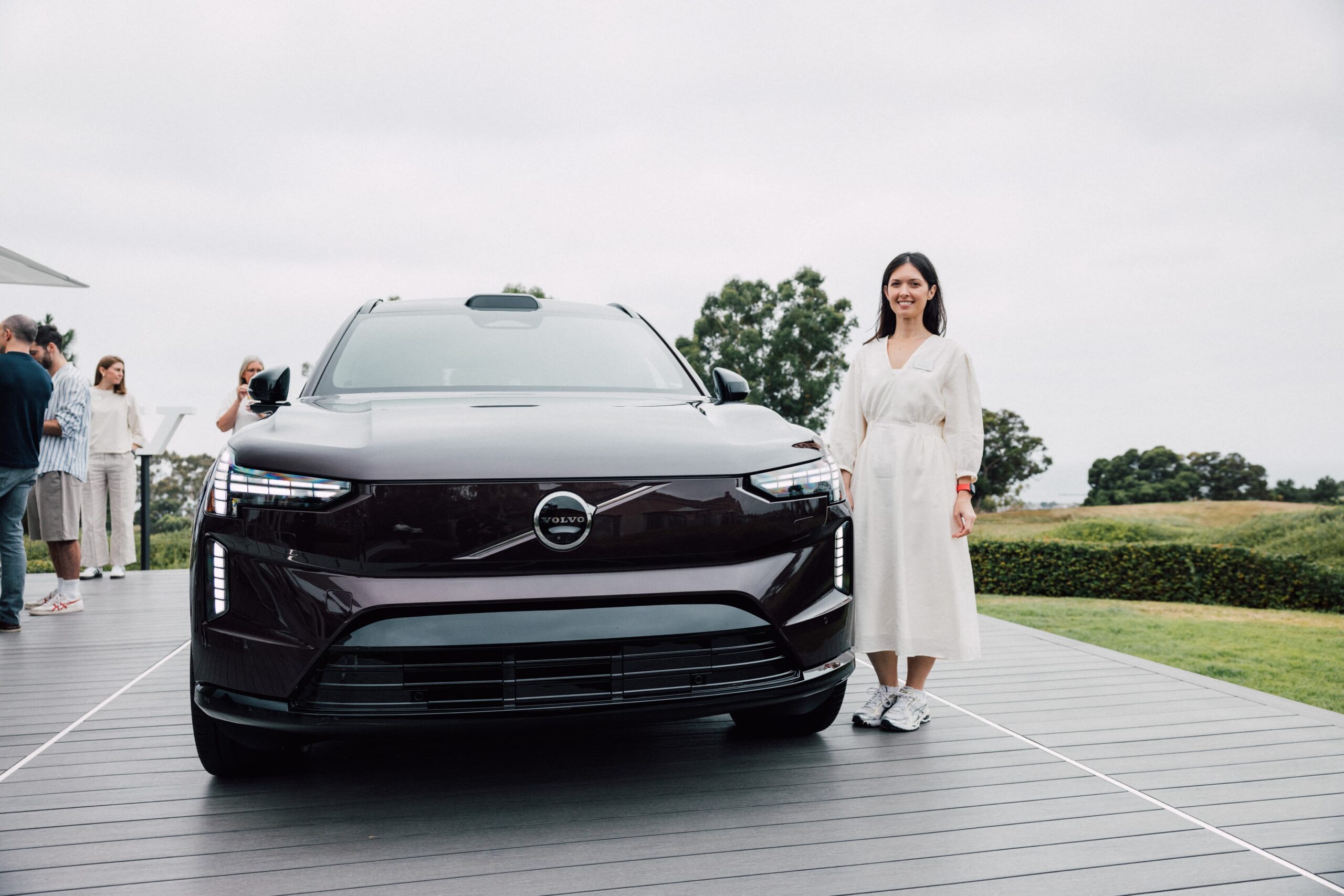
What was your first position at Volvo Cars, and how did your career evolve there?
I started by writing my thesis and completing my summer internship in the department responsible for testing Volvo’s active safety systems. They offered me a job in that department, but I was more interested in moving towards project management. While I have an engineering background, I wanted to be in a role where I could take a more holistic view of the business and focus on human relations. So, my first position at Volvo was in project management within the active safety department. From there, I advanced to roles like project coordinator, project leader for a small system, and eventually, project leader for the entire department.
After gaining that experience, I wanted to explore product strategy. At Volvo, there’s a division called Special Vehicles and Accessories, which handles everything from police cars and specialty vehicles like the XC90 Excellence to safety-enhanced armored cars and accessories. They were looking for someone to fill a marketing analyst role, and I was eager to take on the challenge, so I applied and transitioned into that position. This role helped me step out of the purely engineering side and dive into areas like pricing, segment analysis, and data collection. I gained valuable experience in providing case analysis to guide the decision-making process for vehicle planning.
Next, I transitioned to the role of accessories product manager within the same department. In this position, I made it clear to my managers that I was eager to take on more influential roles and work on a broader scope of the vehicle itself. This ambition was part of my career plan at Volvo. As a result, I was invited to join the main vehicle program team, which is responsible for guiding a vehicle from its concept phase all the way to production. I took on the role of program manager there. For the past two years, I’ve been working as the product leader for the all-electric EX90, one of Volvo’s newest flagship models. The EX90 not only showcases the latest technology but also serves as a pioneering vehicle for the all-electric models that are set to follow.
What are your responsibilities as the product leader for the EX90 project?
As a product leader, I play a key role in overseeing the product’s journey throughout the vehicle development process. My primary responsibility is to ensure the vehicle is equipped with the latest technology while upholding Volvo’s core values of sustainability and safety. Working alongside a large team, we collectively determine all the features and qualities the EX90 will possess. I genuinely enjoy my job because it’s dynamic, placing me at the center of a vast network of collaboration. Throughout the process, I maintain communication with various markets and regional representatives to gather their feedback.
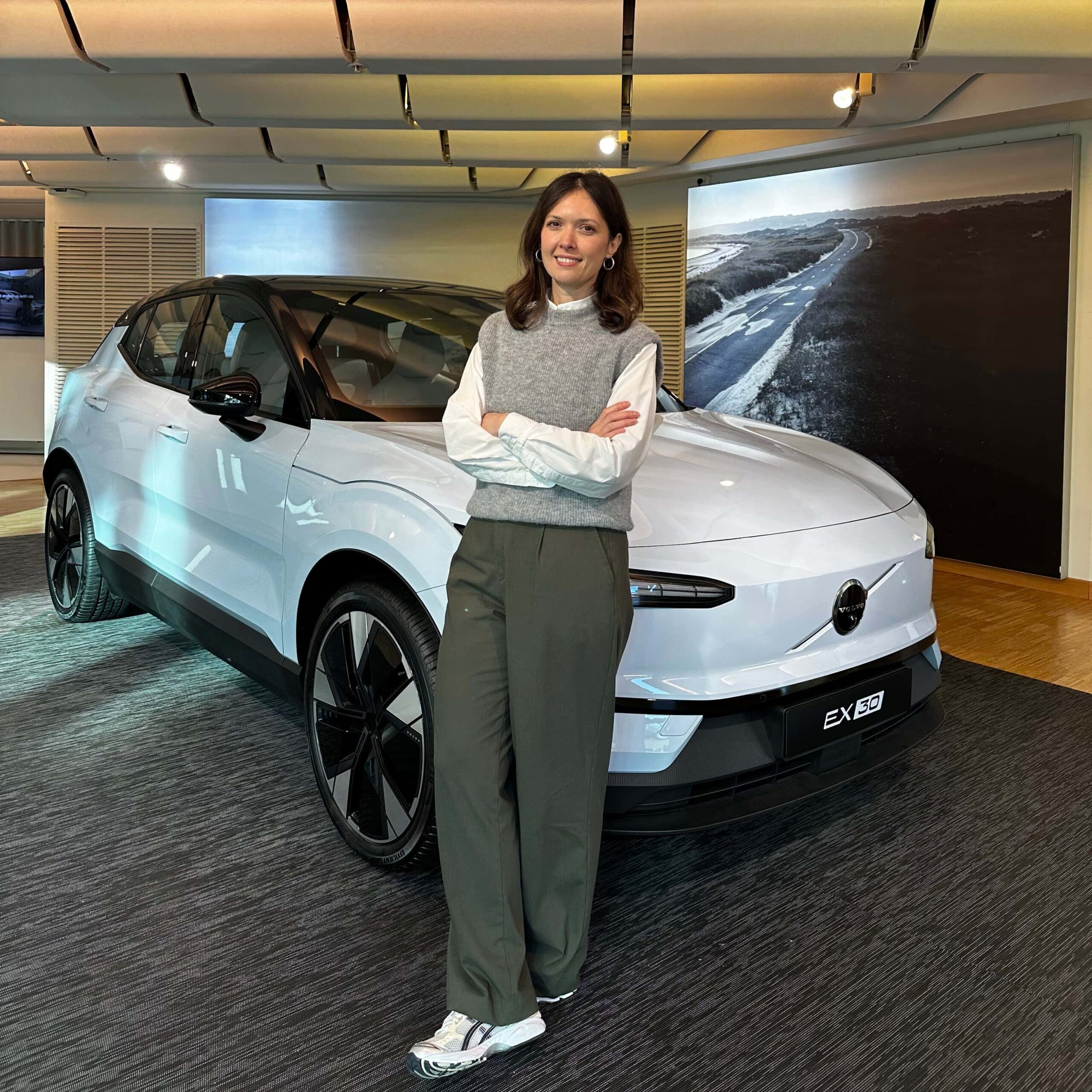
When you mention regions, you’re referring to a global scope, not just Sweden or Europe, correct?
Absolutely. My role encompasses all the markets where Volvo Cars operates worldwide. As we progress with the project, I collaborate with product leads from the U.S. and connect with representatives from the European and Asia-Pacific markets. Additionally, I work closely with the design team and the product development team. Together, we synthesize the information we gather from all these different sources to create the best possible version of the product.
Volvo Cars is owned by the Chinese company Geely, yet it has retained its Swedish work culture. What do you think is the best aspect of working at Volvo Cars?
No matter where you are in Volvo’s global offices, the Swedish work culture is evident. Since I began my journey here, Volvo has undergone a significant technological transformation, and it’s been exhilarating to witness this evolution. There’s always been a new project on the horizon that I’ve looked forward to, and the multinational environment allows me to work alongside talented individuals from various countries, which keeps me energized and contributes to a dynamic workplace.
How would you compare the work cultures in Sweden and Turkey?
The most notable difference is the absence of hierarchy in Swedish business life. The opinions of newcomers and those on the production line are valued just as much as those of seasoned managers with decades of experience. Everyone is treated equally, and each contribution—regardless of age, experience, or nationality—is respected. We all address each other by our first names, which fosters a sense of equality. Additionally, flexible working hours are commonplace, as companies prioritize their employees having time for their personal lives.
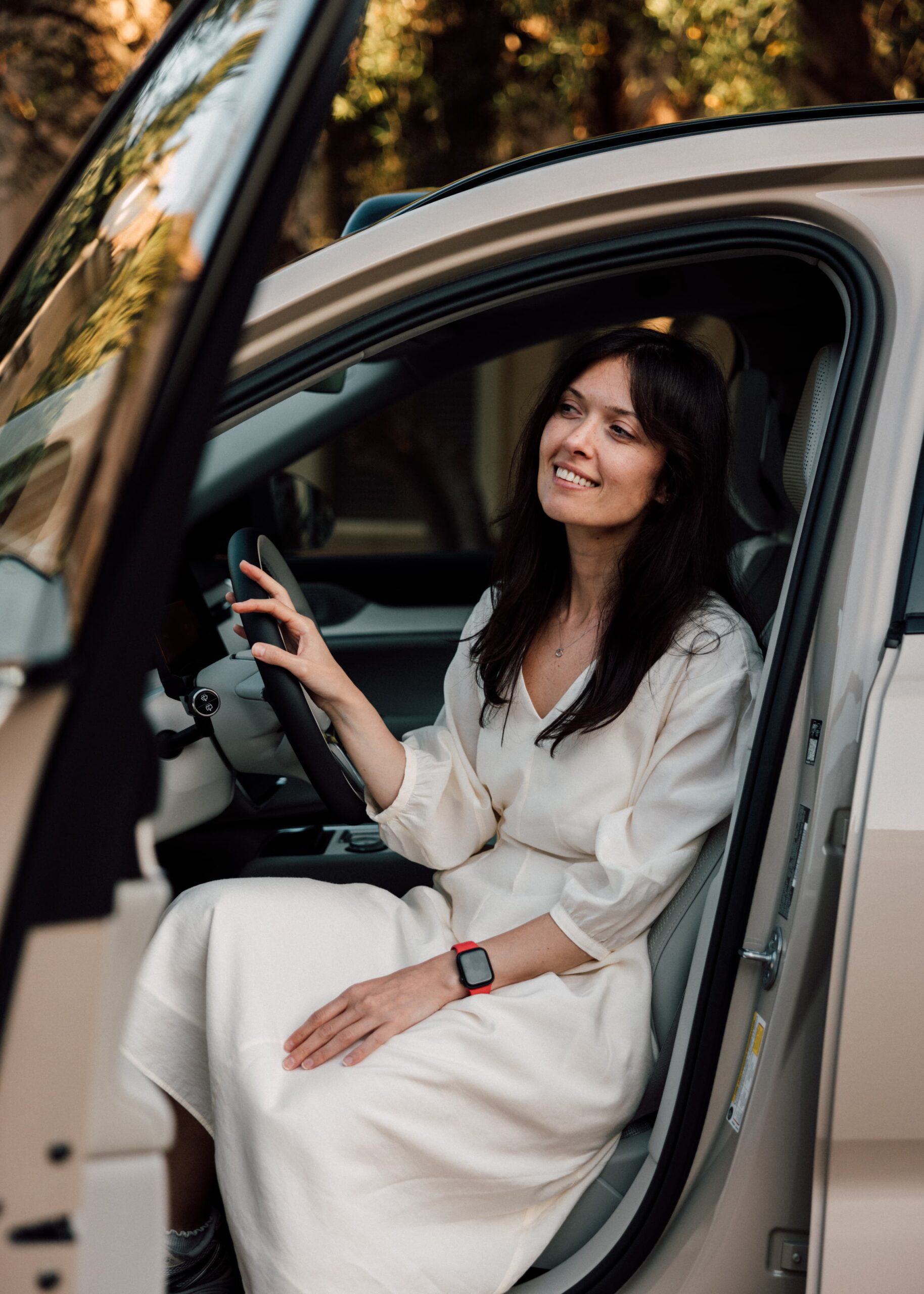
Did you face any challenges when you first started working in Sweden?
Yes, but reflecting on it now, I realize it was a part of my journey. I was somewhat shy and inexperienced in my early years. In some meetings, everything was conducted in Swedish, and since my language skills were basic at the time, I struggled to understand. Interestingly, I ended up learning Swedish through these meetings; I would write down words I heard and look up their meanings. I turned it into a personal challenge. Whenever something crucial was discussed, I would ask for translations into English, but that language barrier was certainly the most significant hurdle for me.
It seems companies in Sweden are quite flexible and open regarding career planning. Do you see this as an advantage?
Absolutely! Horizontal transfers are encouraged here. Career progression isn’t viewed merely as climbing a ladder; it’s recognized that we work for many years, and there are times when people might prefer to take things a bit slower. Success doesn’t always mean taking on more responsibility or reaching a higher position. For me, a career is a learning journey, and this culture supports that philosophy. If you want to gain experience in a new field, the company is there to help you achieve that goal.
What do you appreciate most about the Swedish work culture?
The first thing that comes to mind is the flexible working hours and the inherent trust in employees. The approach is simple: we provide you with flexibility because we believe you will fulfill your responsibilities and meet deadlines. The foundation of this system is professional trust. The culture emphasizes that a healthy society—and workplace—thrives when everyone takes their responsibilities seriously.
Leaving business life aside, you moved to Sweden 14 years ago at the age of 23, a time when it wasn’t particularly popular among Turks. Did anyone ever say to you, “What are you going to do in that cold country?”
Yes, that was definitely a common sentiment! My trip to Sweden was actually my first time traveling abroad; I had never left Turkey before. I bought my ticket and just went for it. Looking back, I realize how brave that was; even my mom acknowledges it: “You packed your big red suitcase and left without a second thought.” I took that leap with a kind of naive courage, not really considering whether I’d manage to settle in, find accommodation, or adjust to the new environment. Thankfully, I’ve been quite lucky and haven’t faced major problems. However, I’ve noticed that the longer I stay, the more the long, dark winters have started to take a toll on me. I used to find it amusing when I heard Swedes planning trips to warm countries as winter approached, thinking it was just a first-world problem. I thought, “They must not have anything more serious to worry about.” But now, I’ve begun to feel the weight of those dark days myself.
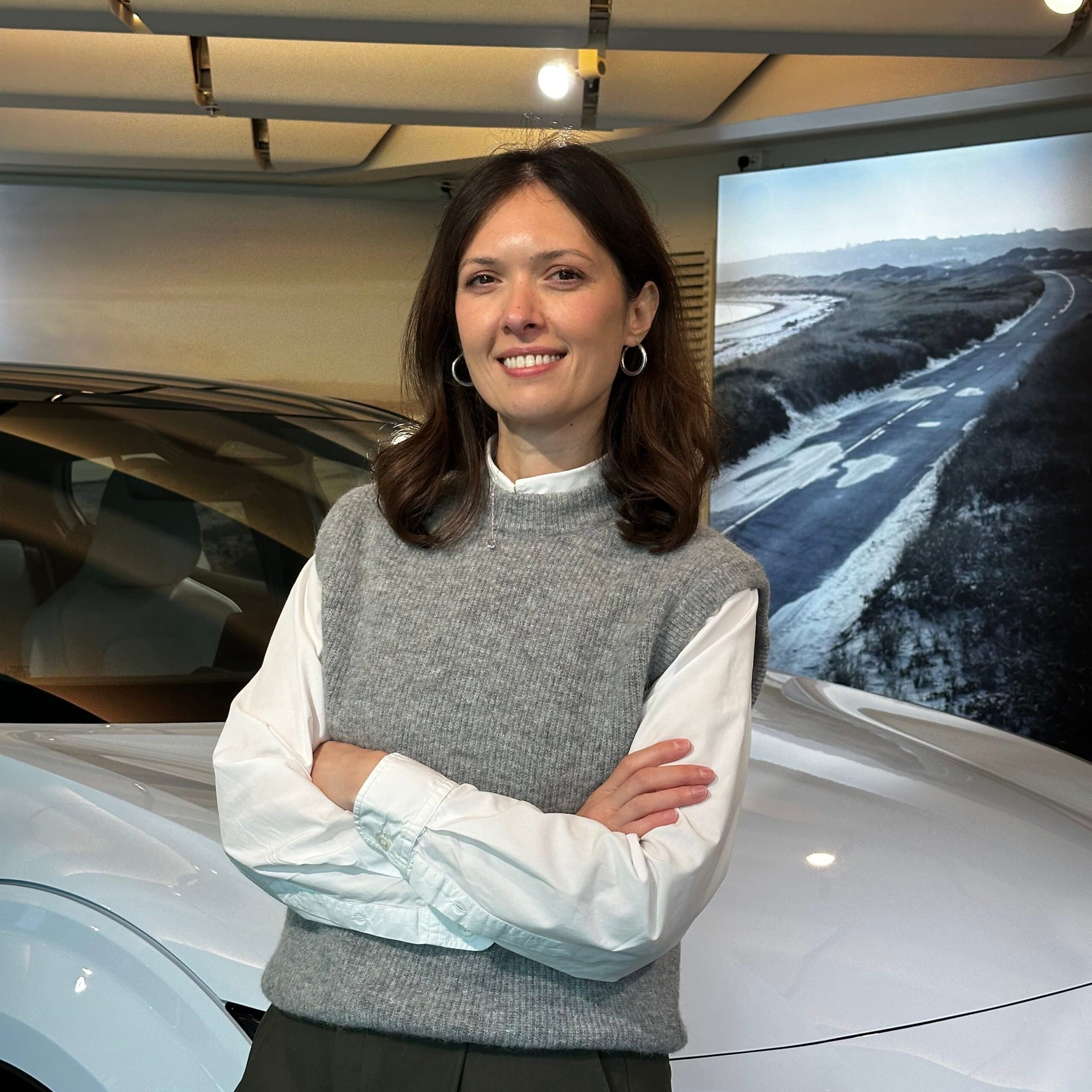
Making friends with Northerners can be challenging since they have their own boundaries and often prefer to get to know someone before letting them in. Have you ever experienced loneliness because of this?
Yes, I have felt that loneliness at times. While Swedes are incredibly respectful of personal space, they can also seem distant when it comes to allowing newcomers into their lives. Luckily, Gothenburg’s multinational environment makes it easier for foreigners like us to connect and find friends.
Where do you see yourself in the next five years?
In five years, I hope to be in a position where I can lead more effectively. It would also be interesting for me to explore the administrative and managerial aspects of the business.
What advice would you give to young people who want to work abroad, especially in Europe?
My own adventure abroad was sparked by friends who inspired me with their journeys. The most crucial factor for working abroad is, of course, language proficiency. At the very least, you need to have a good command of English. It’s also important to be brave and recognize that you’ll be adapting to a new culture. I came here on my own terms, saving the money I needed for two years. Before moving, I did extensive research from various sources and calculated my expected monthly expenses. My planning turned out to be accurate, but by the time I completed my master’s degree, my funds had run out. Luckily, I secured a job at Volvo right afterward, which just barely covered my expenses. I’m sharing this not to highlight how challenging it was, but to emphasize the importance of being aware of what you’re stepping into. Yes, bravery is essential, but so is being well-planned and organized. It’s vital to research everything in detail, weighing the pros and cons. Through thorough research, you can uncover many opportunities that might not be immediately apparent.


